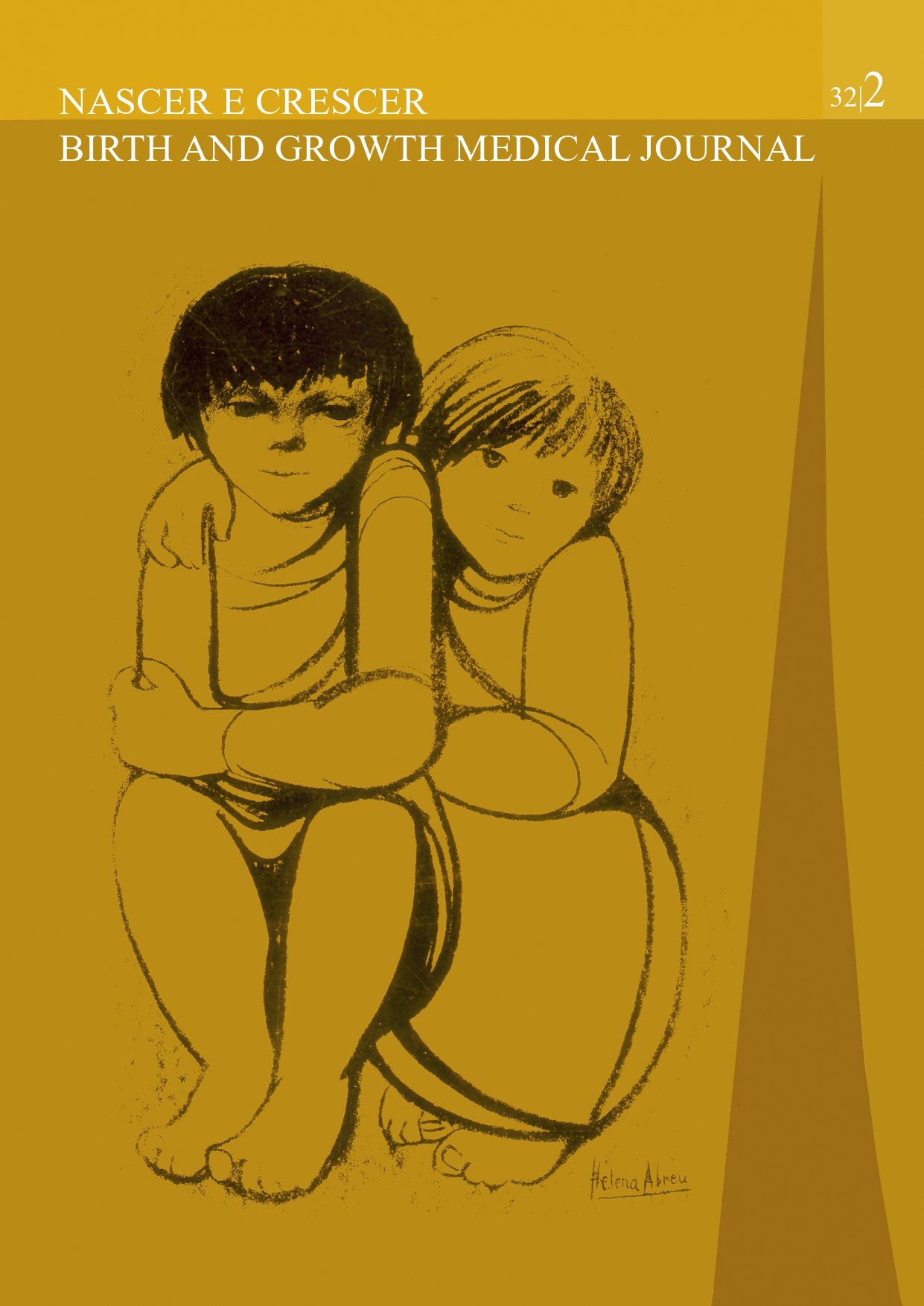Inconclusive results in genetic testing: explaining uncertainty
DOI:
https://doi.org/10.25753/BirthGrowthMJ.v32.i2.32823Downloads
References
Haskell GT, Adams MC, Fan Z, Amin K, Guzman Badillo RJ, et al. Diagnostic utility of exome sequencing in the evaluation of neuromuscular disorders. Neurol Genet. 2018;4(1):e212. doi: https://doi.org/10.1212/NXG.0000000000000212.
Kingsmore SF, Cakici JA, Clark MM, Gaughran M, Feddock M, Batalov S, et al. RCIGM Investigators. A Randomized, Controlled Trial of the Analytic and Diagnostic Performance of Singleton and Trio, Rapid Genome and Exome Sequencing in Ill Infants. Am J Hum Genet. 2019;105(4):719-733. doi: https://doi.org/10.1016/j.ajhg.2019.08.009.
Richards S, Aziz N, Bale S, Bick D, Das S, Gastier-Foster J, et al. ACMG Laboratory Quality Assurance Committee. Standards and guidelines for the interpretation of sequence variants: a joint consensus recommendation of the American College of Medical Genetics and Genomics and the Association for Molecular Pathology. Genet Med. 2015;17(5):405-24. doi: https://doi.org/10.1038/gim.2015.30.
Kazazian J, Boehm CD, Seltzer WK. ACMG recommendations for standards for interpretation of sequence variations. Genetics in Medicine, 2000;2(5):302-303. doi: https://doi.org/10.1097/00125817-200009000-00009.
Richards CS, Bale S, Bellissimo DB, Das S, Grody WW, Hegde MR, et al. Molecular Subcommittee of the ACMG Laboratory Quality Assurance Committee. ACMG recommendations for standards for interpretation and reporting of sequence variations: Revisions 2007. Genet Med. 2008;10(4):294-300. doi: https://doi.org/10.1097/GIM.0b013e31816b5cae.
ACMG/ClinGen/AMP/CAP Standards for Classifying Sequence Variants - Presentation in the ACMG Annual Clinical Genetics Meeting 2023 - https://www.acmgmeeting.net/conference-program/acmg/clingen//cap-standards-classifying-sequence-variants.
Cornthwaite M, Turner K, Armstrong L, Boerkoel CF, Chang C, Lehman A, et al. Impact of variation in practice in the prenatal reporting of variants of uncertain significance by commercial laboratories: Need for greater adherence to published guidelines. Prenat Diagn. 2022;42(12):1514-1524. doi: https://doi.org/10.1002/pd.6232.
Jez S, Martin M, South S, Vanzo R, Rothwell E. Variants of unknown significance on chromosomal microarray analysis: parental perspectives. J Community Genet. 2015;6(4):343-9. doi: https://doi.org/10.1007/s12687-015-0218-4.
Makhnoon S, Shirts BH, Bowen DJ. Patients' perspectives of variants of uncertain significance and strategies for uncertainty management. J Genet Couns. 2019;28(2):313-325. doi: https://doi.org/10.1002/jgc4.1075.
Mighton C, Shickh S, Uleryk E, Pechlivanoglou P, Bombard Y. Clinical and psychological outcomes of receiving a variant of uncertain significance from multigene panel testing or genomic sequencing: a systematic review and meta-analysis. Genet Med. 2021;23(1):22-33. doi: https://doi.org/10.1038 s41436-020-00957-2.
Menke C, Nagaraj CB, Dawson DB, He H, Tawde S, Wakefield EG. Understanding and interpretation of a variant of uncertain significance (VUS) genetic test result by pediatric providers who do not specialize in genetics. J Genet Couns. 2021; 30: 1559–1569. doi: https://doi.org/10.1002/jgc4.1422.
Downloads
Published
How to Cite
Issue
Section
License
Copyright (c) 2023 Maria Abreu, Cláudia Falcão Reis, Sílvia Álvares

This work is licensed under a Creative Commons Attribution-NonCommercial 4.0 International License.
Copyright and Authors' Rights
All articles published in Nascer e Crescer - Birth and Growth Medical Journal are Open Access and comply with the requirements of funding agencies or academic institutions. For use by third parties, Nascer e Crescer - Birth and Growth Medical Journal adheres to the terms of the Creative Commons License "Attribution - Non-Commercial Use (CC-BY-NC)".
It is the author's responsibility to obtain permission to reproduce figures, tables, etc. from other publications.
Authors must submit a Conflict of Interest statement and an Authorship Form with the submission of the article. An e-mail will be sent to the corresponding author confirming receipt of the manuscript.
Authors are permitted to make their articles available in repositories at their home institutions, provided that they always indicate where the articles were published and adhere to the terms of the Creative Commons license.


